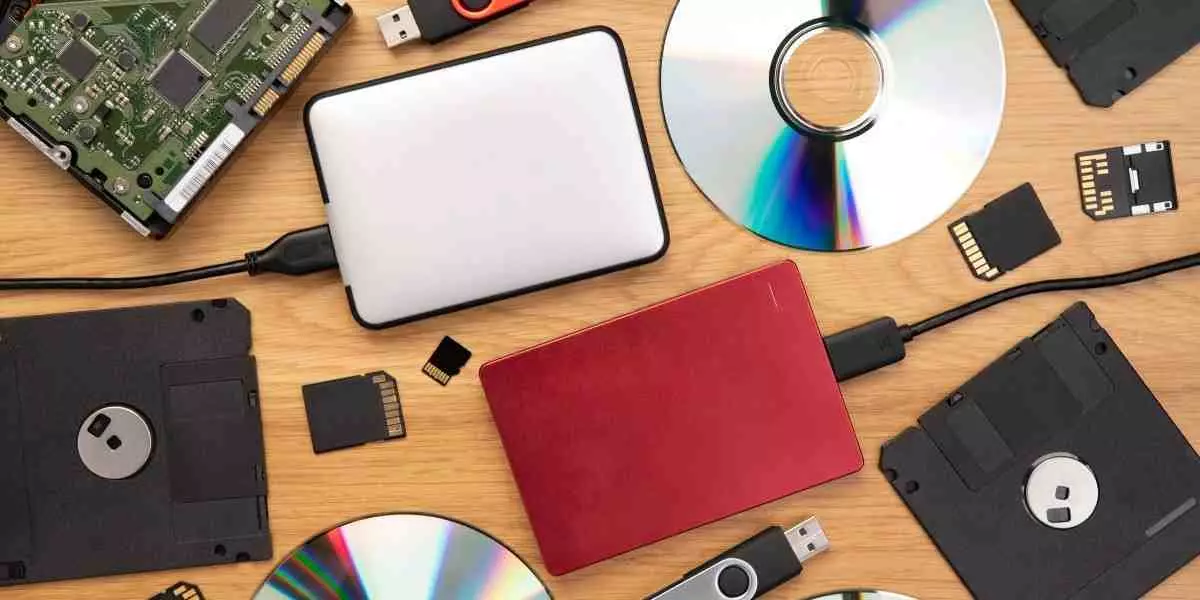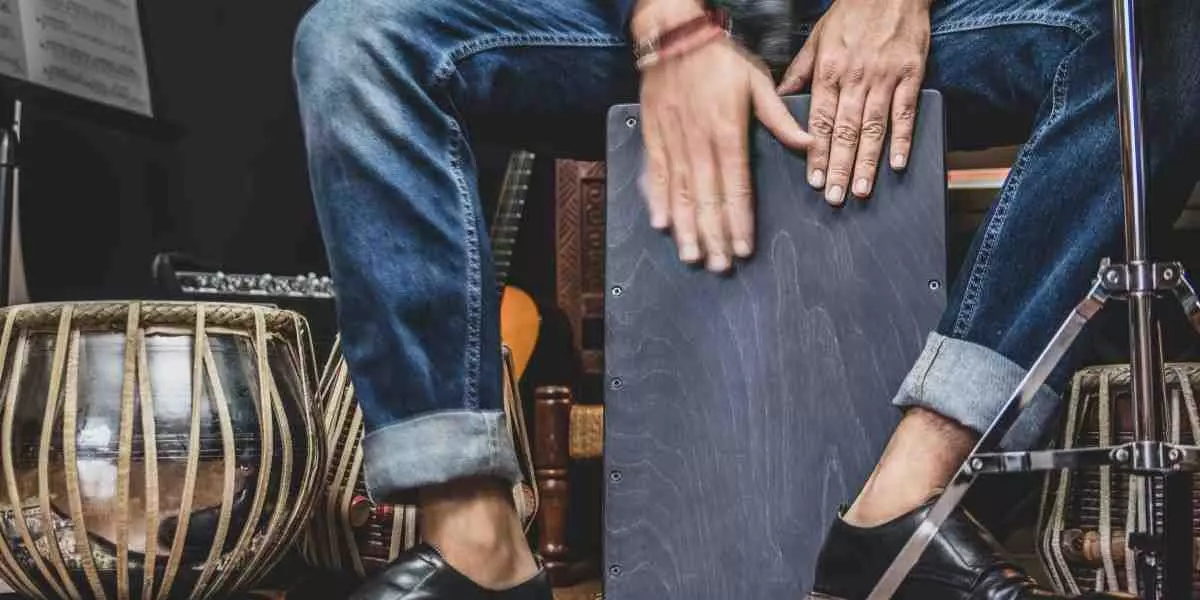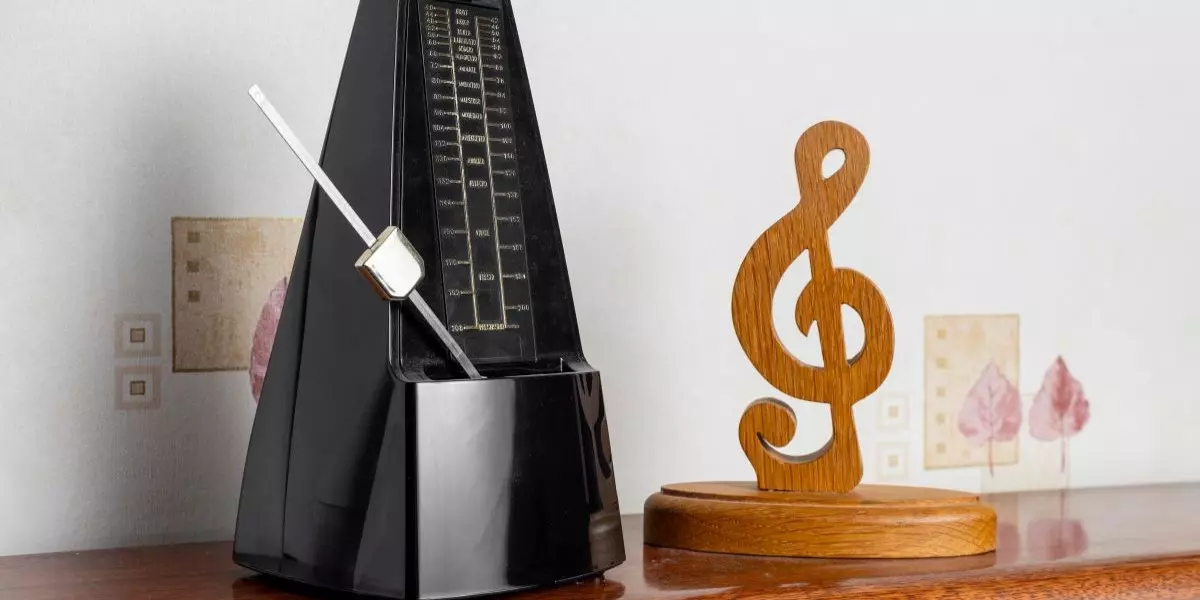Musical Motivation: 4 Reasons to Stop Making Excuses and Just Do It!

We live in a society where we are constantly bombarded by distractions that are all competing for our attention. Case in point: you are reading this article right this very minute instead of engaging in any number of alternative tasks (the author thanks you kindly for your attention!)
If you have ever said any of the following phrases, then you must read on:
- ‘I should really join/start a band’
- ‘I hate practicing’ (honestly, who doesn’t?)
- ‘I really would like to improve my *insert instrument name here* playing’
- ‘I would really like to get over my performance anxiety’
Regardless of your age, experience (or lack thereof), whether you are a professional or amateur musician or any number of other factors, we all experience motivation and incentive issues from time to time. These four tangible suggestions will help you get over these hurdles in your own musical journey.
Number one: Commit to working with an experienced instructor or mentor who is knowledgeable with your particular instrument(s) of interest.
This can be arranged in a set schedule with an end date in sight, or with more flexible terms as needed. This person represents an accountability piece for keeping up your end of the bargain. A trained teacher or mentor will give you homework (that beloved practicing or assignments) to complete between your lessons, as well as create a pathway to help you achieve your musical goals.
One of the main benefits of engaging in this type of relationship is that they can also represent a source of encouragement and redirection when any roadblocks to your success are encountered.
Number two: Try the Lego practicing incentive to find motivation to practice!
I have found great success with this method in my own teaching studio, particularly in working with children.
One piece of Lego = one attempt of a particular piece or exercise as part of their ongoing practices. My students are typically expected to practice 5 times each week for roughly 20-30 minutes each time (depending on their age or level). By the end of the week, they should have quite a large pile of Lego representative of all of the hard work they have put in. At the end of the week, they use their creativity and imagination to construct a ‘Lego practice monster’ indicative of all they have musically accomplished with their practices that week.
Lego incentive adapted for the adult learners and musicians reading this piece: keep a container near your practice area at home, and reward yourself every time you practice (choose a dollar amount for every 30 minutes of practice, for example, to ‘pay’ yourself). At the end of the week, you will have a container full of rewards for your hard work – now it is time to treat yourself!
Number three: Join a band or start your own!
The advent of the internet and the endless supply of online communities has made it easier than ever before to connect with people who share your musical interests or abilities. Take advantage of this and stop procrastinating if this is something that you have always wanted to do.
This is another source of accountability, as bands will typically practice/jam on a weekly or monthly basis. It gives you an incentive to do your own part in the interim, in the interest of contributing to the common good of the group.
Number four: Arrange a public performance.
It could be something as small or as informal as a small gathering of friends in your apartment or living room, or something as ambitious as playing at Carnegie Hall (we can all dream, can’t we?)
Most (all) musicians that I know experience performance anxiety in varying degrees of intensity. The bad news is that the only way to get over this is to get ‘thrown into the lion’s den’. The good news is that this is yet another incentive to start practicing, to hone those chops so that you can put on the best performance possible. You have an end result in sight, a goal to work towards, and a timeline to help you achieve that goal.
To recap, the four tangible suggestions to help get you motivated to pursue your best musical self are: commit to working with an experienced instructor or mentor, the Lego practicing incentive, join a band or start your own, or arrange a public performance.
What are you waiting for – just do it!
* * *
Michelle has been studying music since she was 3 years old. She has been an employee at Long & McQuade for 10 years, and currently works part-time at the Toronto store.






